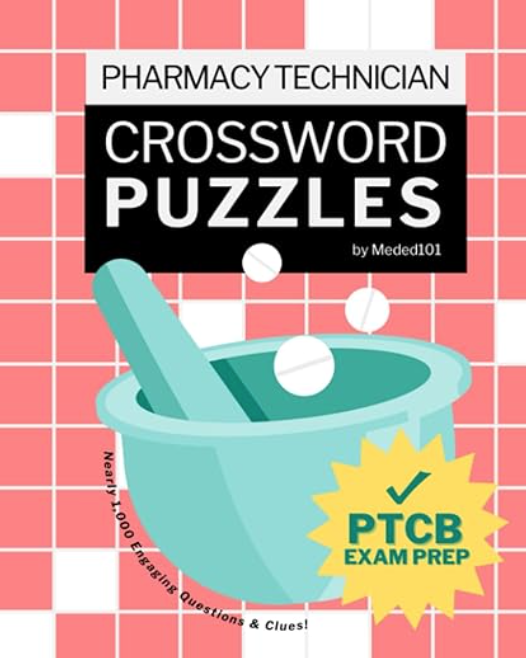In this case scenario, we outline a situation of risperidone causing tardive dyskinesia. Tardive dyskinesia is a neurological movement disorder that is typically caused by medications that can block dopamine receptors. Antipsychotics are the most commonly used class of medication that block dopamine receptors (great board exam question).
ME is a 55-year-old male who has a history of schizoaffective disorder. He has been taking risperidone 4 mg daily for over a decade. Other medical history includes hypertension and diabetes. He denies alcohol use and does not smoke. He presents to his psychiatrist today and states that he is feeling tired all the time. He can still do his daily tasks that he desires but the fatigue is annoying. He believes that this is due to his risperidone. The psychiatrist working with ME decides that risperidone should be tapered down to a lower dose.
Risperidone was reduced to 2 mg daily. ME reported that the sedation did seem better with this reduction but that he wanted it reduced further. After another week, risperidone was reduced to 1 mg daily.
At approximately week 3-4 following the start of the taper, ME reports that he is noticing unusual movements of his lips, jaw and tongue. Facial grimacing and twitching in his fingers was noticed as well. Symptoms have continued to get worse and the psychiatrist diagnosed him with tardive dyskinesia (TD).
As we look back at this scenario, the tapering of long term antipsychotics needs to be slower. The aggressiveness of the risperidone taper likely cause an imbalance in dopamine regulation. While we aren’t 100% sure why tardive dyskinesia happens, the primary theory involves a hypersensitization of dopamine receptors due to long term dopamine receptor blockade by antipsychotics. So when the antipsychotic is reduced or stopped too quickly, excessive dopamine action can cause movement type symptoms as described in the case above.
There are a few points here that you need to remember.
- When a patient has been on an antipsychotic for a long time, the development of TD with abrupt reductions is more likely.
- When tapering long term antipsychotics, it is important to go slowly to reduce the risk for TD.
- Management of TD typically involves increasing the antipsychotic, trying a different antipsychotic, or considering a medication such as a VMAT2 inhibitor.
Hopefully, this case scenario of risperidone causing tardive dyskinesia gives you a better sense of why long term antipsychotics should be tapered slowly.
- 30 medication mistakes PDF
- 18+ Page Drug Interaction PDF
- 10 Commandments of Polypharmacy Webinar based on my experiences in clinical practice









0 Comments